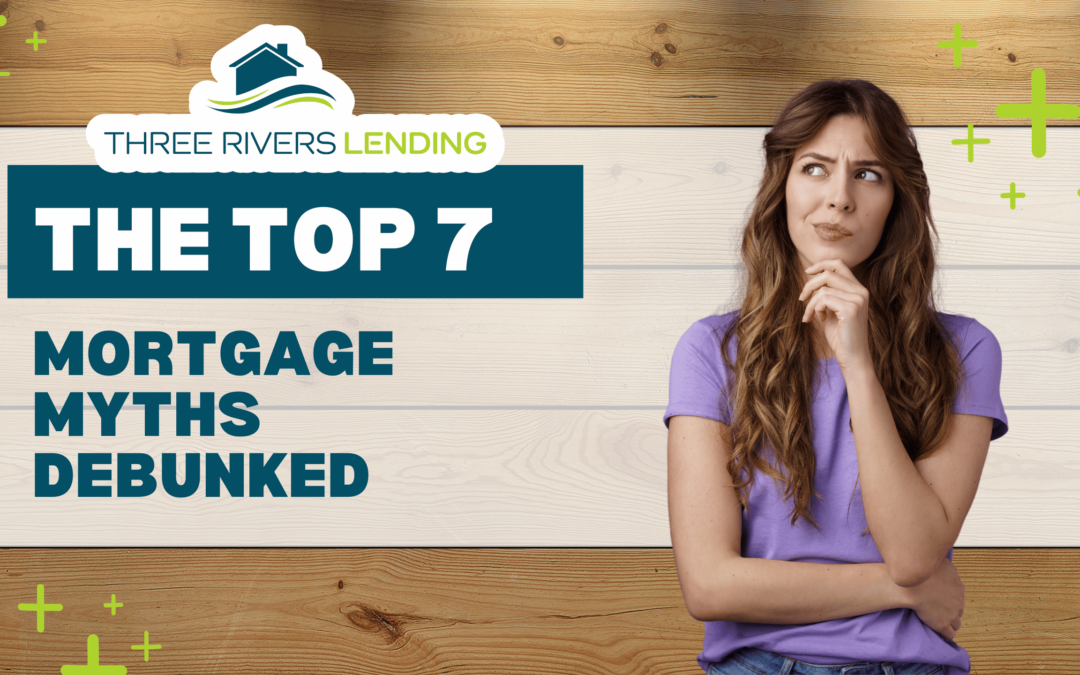In the complex world of mortgages, myths and misconceptions abound, often making the process seem more daunting than it actually is. If you’re looking to buy a home, it’s essential to separate fact from fiction. In this blog post, we aim to debunk seven common mortgage myths, ensuring you’re well-informed and prepared for your home-buying journey.
Myth 1: You Must Have a Perfect Credit Score
While a high credit score can certainly help you get a better interest rate, having a less-than-perfect score doesn’t necessarily mean you won’t qualify for a mortgage. Many lenders offer products designed for people with low to moderate credit scores. Always check with a mortgage broker to explore your options.
Myth 2: The Lowest Interest Rate is the Best Deal
Although a low-interest rate is certainly appealing, it’s not the only factor to consider. Origination fees, closing costs, and the flexibility of the loan terms can also impact the overall cost of your mortgage. Look at the APR (Annual Percentage Rate) to get a more accurate picture of the loan’s total cost.
Myth 3: You Need a 20% Down Payment
While putting down 20% can help you avoid paying Private Mortgage Insurance (PMI), there are many loan programs that allow for smaller down payments. For example, FHA loans require as little as 3.5% down, and some VA loans have no down payment requirements at all.
Myth 4: Pre-Qualification and Pre-Approval are the Same Thing
Pre-qualification is a basic overview of your eligibility, usually done online or over the phone. Pre-approval is a more rigorous process that involves verifying your income, credit history, and other financial details. Pre-approval carries more weight when it comes to making an offer on a home.
Myth 5: Adjustable-Rate Mortgages are Always a Bad Idea
While adjustable-rate mortgages (ARMs) do carry the risk of the interest rate—and therefore your payment—increasing, they can be a good option under the right circumstances. For example, if you plan on selling or refinancing the home before the rate adjusts, an ARM can save you money.
Myth 6: You Can’t Buy a Home if You Have Student Loans
Having student loans doesn’t automatically disqualify you from getting a mortgage. Lenders look at your debt-to-income ratio, which considers all your debts, not just student loans. If you have a stable income and meet other credit and income requirements, you may very well qualify for a mortgage.
Myth 7: Renting is Always Cheaper than Buying
While the initial costs of buying a home can be high, the long-term financial benefits often outweigh the perks of renting. As a homeowner, you build equity over time, and you may benefit from tax advantages that renters don’t have access to.
Mortgages are a significant commitment, but they shouldn’t be a scary one. By debunking these common myths, we hope to have cleared the path for a smoother, more informed home-buying experience. Remember, a mortgage broker is your ally in navigating these waters, so don’t hesitate to reach out via phone, email, or a submit an online form to begin your journey toward financial freedom and homeownership.

